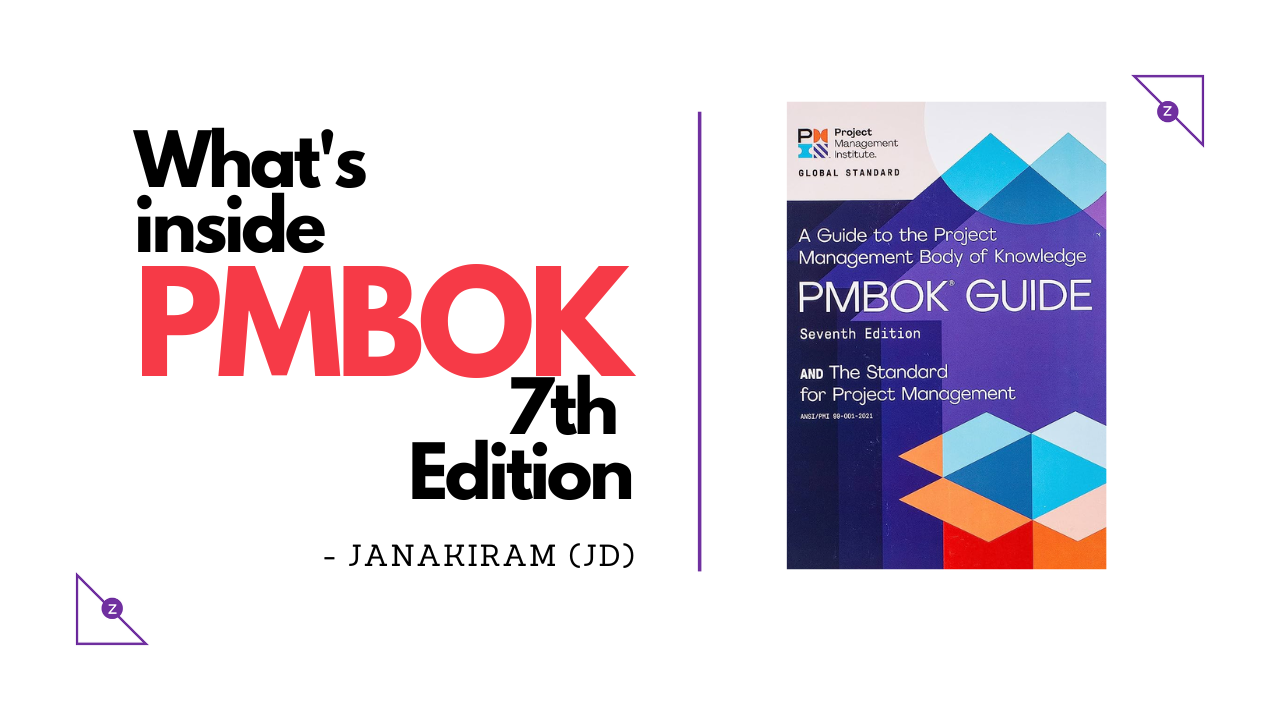Project management professionals often refer to the PMBOK Guide as a key resource for project management knowledge, as it provides a standardized approach and terminology that facilitates effective communication and collaboration among project teams worldwide. The guide is widely used for project management training, certification preparation, and as a reference for project management practitioners across various industries and sectors.

What is PMBOK?
PMBOK stands for Project Management Body of Knowledge. It is a globally recognized standard published by the Project Management Institute (PMI), a professional membership association for project management practitioners. The PMBOK Guide provides a comprehensive framework of knowledge, processes, and best practices in the field of project management.

The PMBOK Guide serves as a guidebook for project managers, outlining the fundamental principles and practices necessary to successfully initiate, plan, execute, monitor, control, and close projects. It covers a wide range of topics related to project management, including project integration, scope, time, cost, quality, human resources, communications, risk, procurement, and stakeholder management.
The PMBOK Guide is regularly updated to incorporate emerging trends, practices, and methodologies in the field of project management.
Who are PMI?
PMI stands for the Project Management Institute. It is a globally recognized professional membership association that focuses on project management. Founded in 1969, PMI has grown to become one of the leading organizations in the project management field.
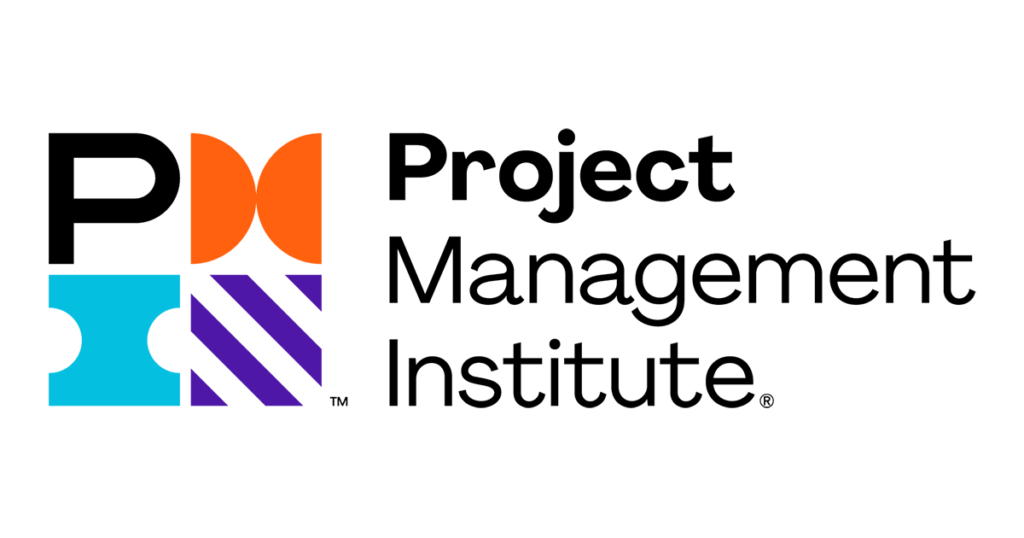
PMI offers a range of services, resources, and certifications to project management professionals. Its primary mission is to promote the project management profession and advance the practice and standards of project management worldwide.
Inside PMBOK 7th Edition
The 7th edition is a milestone in the history of PMBOK Guide editions. It contains significant changes when compared to the previous PMBOK 6th Edition. The changes can be summarized as below:
- Fair consideration of equal proportions for all three Waterfall, Agile and Hybrid models. While the PMBOK 6th edition did have the sections covering Agile. The underlying skeleton of the guide heavily inherited the Waterfall methodology from previous editions. Names the Process groups and Knowledge Areas. Whereas the 7th edition was well thought and re-written with modern methodologies in consideration.
- Shift in focus from Project outcomes, rather than the deliverables
- Tailoring consideration across wider aspects in Project Management and
- Value Delivery
So what exactly is inside?
Principles based approach
PMI has introduced 12 principles inside the PMBOK 7th edition. With increasing competition in the market across all sectors, and rapid change of customers’ needs within short period of time, it became increasingly difficult to manage Projects using the rigid Process based to approach.

These 12 Principles offer flexibility of approach while ensuring an eye on the outcome. They are namely:
- Stewardship
- Team
- Stakeholders
- Value
- Holistic thinking
- Leadership
- Tailoring
- Quality
- Complexity
- Opportunities and Threats
- Adaptability and Resilience
- Change Management
Value Delivery System
As per PMBOK, Value Delivery System is a collection of strategic business activities aimed at building, sustaining and advancing an organization. The creation of Value is supported by various components like Portfolios, Projects, Products and Operations.
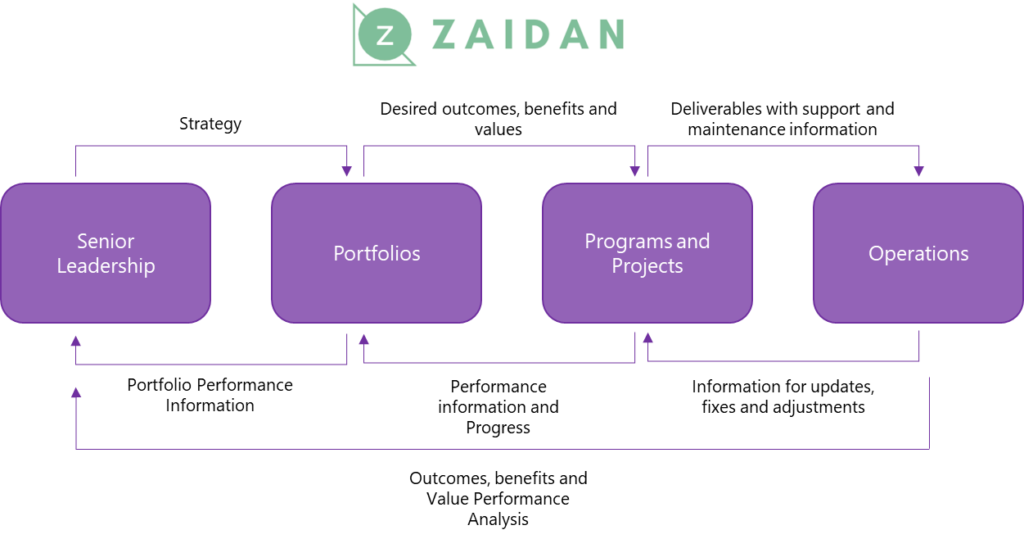
Tailoring
We tailor Projects to better suit the organization, operating environment and the needs of the Project. The PMBOK 7th Edition deals with the Tailoring of following factors:

- Lifecyle and Development Approach: Involves decision making on which methodology to use. Whether to use Waterfall, or Agile or Hybrid.
- Processes: Deals with tailoring elements within the methodology like adding a phase, customizing Project templates, additional standards and practices.
- Engagement: Deals with tailoring people engagement. Involves factors like People, Empowerment, Integration.
- Tools: Deals with tailoring PM tools like Software, Equipment etc,
- Methods and Artifacts: Involves tailoring documents, templates, deliverables and other by products of Project Management.
Performance Domains
PMI has transitioned the 10 Knowledge Areas in the 6th Edition to 8 Performance Domains in the 7th edition. A Performance Domain is a group of related activities that are critical for the effective delivery of Project outcomes.
The 8 Performance domains introduced in PMBOK 7th edition are namely:
- Stakeholder
- Team
- Dev Approach & Lifecycle
- Planning
- Project Work
- Delivery
- Measurement
- Uncertainty
Models, Methods and Artifacts
While the 6th edition of PMBOK held on to the rigid Input, Tools & Techniques , and Outputs. The 7th editions decouples them from any processes and classifies them as Models, Methods and Artifacts.

- A Model is a thinking strategy to explain a Process, Framework or a Phenomenon
- A Method is a means for achieving an Outcome, Output, Result, or a Project Deliverable
- An artifact can be a Template, Document, Output or a Project Deliverable
Models are used in conjunction with Methods to generate Artifacts which are part of a framework for managing a Project.
Conclusion
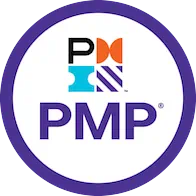
Our PMI® PMP®-Prep Course
If interested in this course, click here
- Case study based training
- LIVE instruction 36 Hours
- Post course guidance
- Exercise per topic
- 4 Mock exams for practice
- WhatsApp group support
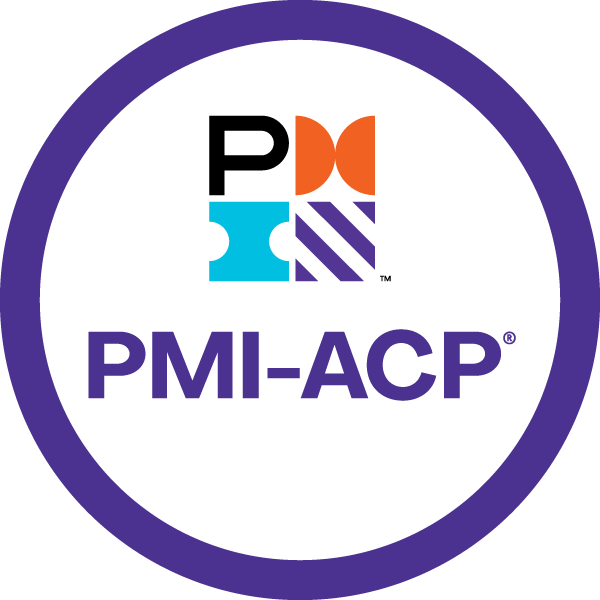
Our PMI® ACP®-Prep Course
If interested in this course, click here
- WhatsApp group support
- 4 Mock exams for practice
- Exercise per topic
- LIVE instruction 20 Hours
- Post course guidance
- Case study based training

JD (Coach/Instructor/Writer)
JD (a.k.a Janakiram) is a Project Management Coach, Trainer Author and Practitioner @Zaidan Consulting. He comes with around 17+ Years of experience primarily from the Software Industry. He is certified on PMI® PMP®, ACP®, Scrum Alliance CSM and Microsoft Certified Solution Developer on C#.NET. He has also authored the book “Practical Agile for Beginners”

About Zaidan Consulting
Zaidan Consulting are specialists in Project and Program Management space. Our training offerings include:
- Project Management Training
- Agile Training
- PMI®-ACP® Prep Training
- PMI®-PMP® Prep Training
- PMI®-CAPM® Prep Training
- ScrumStudy™ Authorized Training Partner (A.T.P)
Or you can contact us @+(91) 7672011471
Or Email us: contact@zaidanconsulting.com
